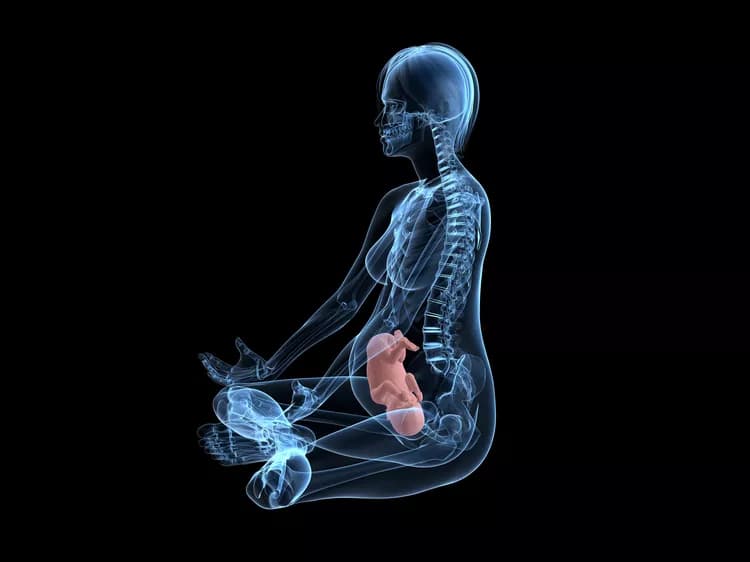
Does Maternal Diabetes During Pregnancy Predispose Offspring to Autism?
A new study published in the Journal of the American Medical Association (JAMA) indicates that intrauterine exposure of the fetus to maternal diabetes may be linked to the development of autism in children.
The conclusions are based on 322,323 single births of children born from 1995-2009 at 28-44 weeks of gestation. These children were born at Kaiser Permanente Southern California Hospitals and belonged to diverse ethnic groups. The children were tracked from birth until:
First diagnosis of Autism Spectrum Disorder (ASD)- ASD is a group of complicated neurodevelopmental disorders affecting a person’s ability to communicate and interact socially.
Last date of continuous health membership at the hospitals
Death due to any reason
December 31, 2012.
The results showed that:
Children born to mothers diagnosed with gestational diabetes mellitus (GDM) at or before 26 weeks of gestation ran a higher risk of autism
Children born to mothers with pre-existing type-2 diabetes (before pregnancy) did not exhibit this risk compared to non-diabetic mothers
Intrauterine exposure to anti-diabetic medication did not influence development of ASD in offspring
ASD in offspring of diabetic mothers was not related to the sex of the offspring
Gestational weight gain by mothers did not influence ASD in offspring.
It has previously been established that elevated blood glucose levels in pregnant women negatively impacts their offspring. The studies have reported that this exposure led to an increase in “Body Mass Index (BMI)” in late childhood, making these children prone to obesity.
The study being discussed arrives at the conclusion that exposure to a mother’s gestational diabetes leaves the offspring vulnerable to mental/behavioral issues like ASD.
Since this study was performed retrospectively, it is difficult to conclude whether early intervention in pregnant mothers might have changed the outcome. However, in the authors’ words, “Our results also suggest that screening for GDM and control of glucose levels early in pregnancy may be important in reducing ASD risk for offspring.”
Written by Mangala Sarkar, PhD
Primary Reference:
Anny H. Xiang, Xinhui Wang, Mayra P. Martinez, Johanna C. Walthall, Edward S. Curry, Kathleen Page, Thomas A. Buchanan, Karen J. Coleman, Darios Getahun. Association of Maternal Diabetes With Autism in Offspring. JAMA, 2015; 313 (14): 1425-1434
Additional References:
Crume, T., Ogden, L., Daniels, S., Hamman, R., Norris, J., & Dabelea, D. (2011). The Impact of In Utero Exposure to Diabetes on Childhood Body Mass Index Growth Trajectories: The EPOCH Study. The Journal of Pediatrics, 158(6), 941-946.
Page, K., Romero, A., Buchanan, T., & Xiang, A. (2014). Gestational Diabetes Mellitus, Maternal Obesity, and Adiposity in Offspring. The Journal of Pediatrics, 164(4), 807-810.
What is Autism? Retrieved from http://www.autismsciencefoundation.org/what-is-autism
Related Articles
Test Your Knowledge
Asked by users
Related Centers
Related Specialties
Related Physicians
Related Procedures
Related Resources
Join DoveHubs
and connect with fellow professionals

0 Comments
Please log in to post a comment.